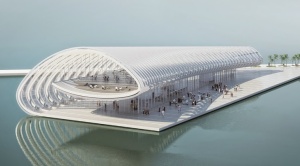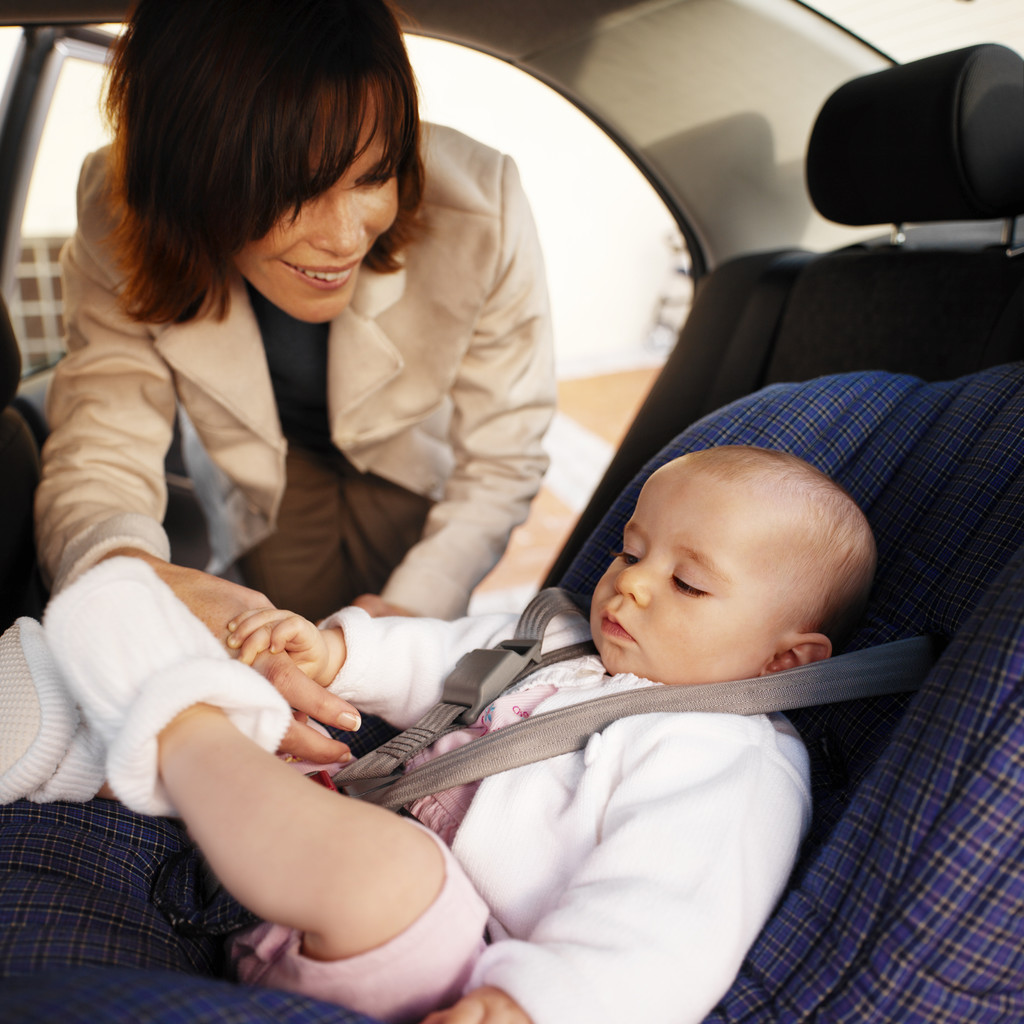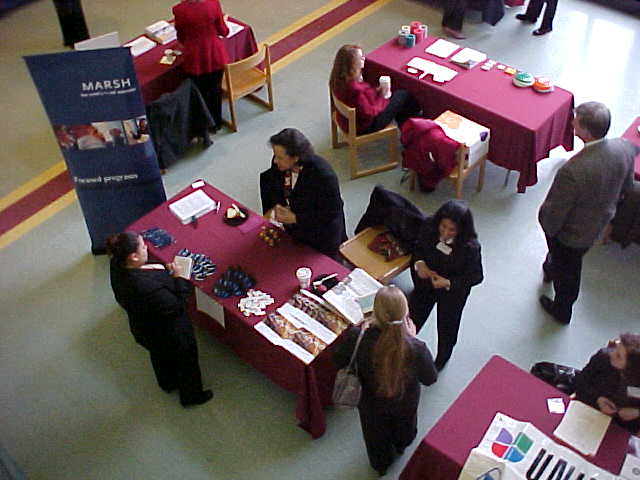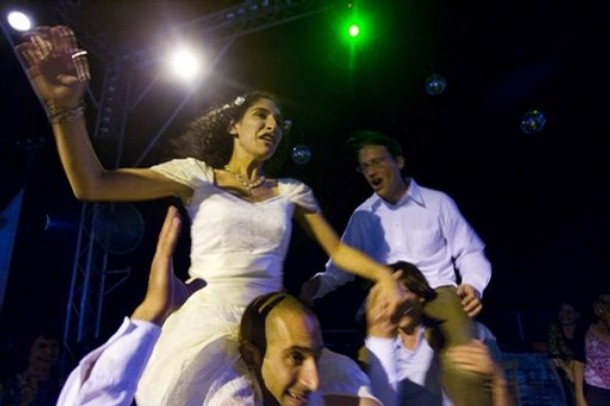
The central spiritual commonalities which exist within the Middle East regions is in fact a physical place with real peoples living and making a living as well. It is Jerusalem.
Beneath the ever evolving Jewish – Israeli State, there are key factors, Jerusalem being its center, of connectiveness which has allowed the Moslem – Israeli societies ( I.E. Sunni / Shiite ) and , the Christian – Israeli societies to likewise co-developed with the Jewish – Israeli societies. The examination of this modern development is focused in the Israel Information Center Ithaca Educational Blog, and you should examine it as well. Furthermore, an Arab Information Center Ithaca is likewise being developed.
What should be pointed out first and foremost is that the real strength in reaching an ethnological comprehension which exist within the evolving societies within the entire Middle East region is likewise Jerusalem. That commonality is visable in the actual urban landscape of the city. None the less, and beyond the emotional realities which Jerusalem inspires, its practical applicable cohesion actual exists within the Modern Jewish State of Israel, and this means its Moslem / Islamic, whether ethnically Arab, or Greeco Roman, and the Christians, whether they themselves Arab, Greeco Roman, European or American. Jerusalem is equaly as important to their own hearts, and more importantly to their own self – dependent developments both socioculturally, or socioeconomic, along with the abilities to fulfill the normal and at times brillant expectations / aspirations of their own youth from within the very private and at times sacred covenants of their individual families.
Thus what beats within the hearts of the Jewish – Israeli, remarkable, and what no one should be surprised about beats just as strong within the Moslem / Islamic Israeli, and the Christian – Israeli. It is further understood, once the present and past internal developments of the Jewish – Israeli State where one, whether previous an enemy or friend alike, is able to see how the single issue of self-dependency is of prime importance for the entire ethnological makeup of the Modern Jewish – Israeli State. What lurks within the imgination of the people who are striving for connecitveness are the actual central avenues of reconciliation for the greater Middle East World outside the Modern Jewish – Israeli State and its institutional realization is a United Jerusalem.
What this means – in actual notes from various field resources collected by both the Israeli and Arab researchers, as well as other on a global stage is very, very simply this:
Jewish – Israeli <———————————— > World Jewry and Jewish Arabs
Arab – Israeli <————————————– > The Modern Arab Peoples
Christian – Israeli < ——————————– > World Christians and Arab Christians
These are the peoples issues of a central ethnological continuity of commonalities in which the regional populations have direct relationships. The dependency of mutually applied development whether it is economic, cultural, or spiritual must have an assurance of equal status in order for critical leaderships can emerge out from under the inhuman consequences of battle, bombs, and conflicts.
What this means, lets say from an Arab view within Syria to cut – off Jerusalem from the Jewish – Israeli State would be a deliberate attack upon the Moslem /Islamic – Israeli? What would be the social consequencess, as well as their economic aspirations when access and personal aspirations to create a personal future to Jerusalem are cut – off, and thus lossing a valued means to assist in their own social self-dependent developments? Then by asking these very, very direct points one is able to see into the maze of the conflicts themselves and note the reality – necessities towards reconciliation from an Arab – Syrian point of view. Jerusalem is just as important for the Moslem / Islamic – Israeli whose ethnicity is largely Arab as it is just as important to the Jewish – Israeli; and thereby justified as important to the Arab Syrian. Cuting off Jerusalem means the connectiveness between the Arabs themselves will forever be in mutual internal sociocultural future conflicts as the Moslem/Islamic – Israeli will become its first victim.
Both Jewish and Islamic communities have one additional aspect in mutual commonalities and it is here where the significance of a united Jerusalem emerges as singularly important for the Arab world. Infra – faith sectarian conflicts have always occured both within the Jewish world and the Arab world as well [ especially among the Arabs of who is to control Jerusalem,]
What the Arab World has never fully realized is that it was their own militant behavior for the distruction of the Modern Jewish – Israeli State which became such a prime personal emergency issue that any thought of infra – sectarian conflicts could not find an emotional base within the various Jewish ethnic groups themselves. That the continuation of conflicts promoted and even possibly maintained the central unity of the Modern Jewish – Israeli State during its first years of development.
Thus once the central factor of the importance of a united Jerusalem is to the Arab – Israeli in their future developments to be self – dependent then it is likewise important to the Arab – Syrian to assure the Arab – Israeli their rights to a future. It is for that reason once the populations in the West Bank are likewise applied, then the ability to remain united with their Moslem / Islamic – Israeli far more promotes their own aspirations as well. This is not a simple insert, but fully realizes that Jerusalem is an actual portal to the entire Arab World and its abilities to maintain a challenging presence for human benefit under a real region wide peace with the Jewish – Israeli State has then been likewise achived. Singlulary once Jerusalem is magnified within its present convenants as central to the Moslem / Islamic – Israeli Society then, and only then, that society becomes the Arab World’s, including what ever emerges on the West Bank, lense into the Modern Jewish – Israeli State. A lense with which an assured continuity is achived between the Jewish – Israeli Society, the Moslem – Israeli Society, and the Christian – Israeli Society in the resulting dramatic development for full self-dependencies within each.
This is just one point in a field of other concerns which are dramatically inherited within the region itself concerning Jerusalem. What must be pointed out at all times, there are real living human being who are attempting to form connectiveness, and its their efforts which are the living well springs of hope. For what they have already accomblished is the actual realistic means in forging a real regional peace based upon their own developing behaviors in a united Jerusalem. The facts of those behaviors is the center of peace itself, and nothing less. None the less, once this comprehensive acknowledgement is achived then the future of the Moslem / Islamic – Israeli, along with the Christian – Israeli within the Modern Jewish – Israeli State becomes all the more important for the future of the Arab World.
Roger M. Christian, February 8, 2010., Ithaca, New York 14850
February 8, 2010
Categories: Arab Israeli Reconicilation focus methodologies. . . Author: internationalscholars . Comments: Leave a comment









